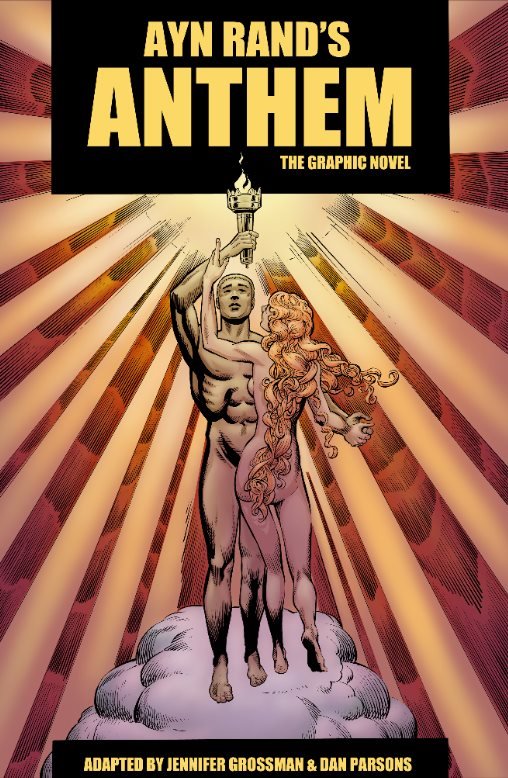


I liked the way she named characters - for example International 4-8818 and the main protagonist, Equality 7-2521 - it emphasised the de-personalisation of the society she was writing about - and set a tone which lasted throughout.


No question it starts off as an awkward read with the use of "we" rather than "I", which deliberately jars but makes sense in the context - it got me all the way through, but I can see why she did that. Finally got round to it recently with Anthem, which is an obvious easy introduction, and this is my take on it. Having said that, she was obviously a complex woman with complex views and you have to pause on occasion to follow this theme.Ĭonfession - like many, I'm only aware of Ayn Rand because of Neil Peart's lyrics from the early 70s - 2112 specifically - which always resonated but never quite gave me the urge to read her books always been on the list but never got to the top. And there are no children in the book.īut perhaps these points are peripheral. Thirdly, I found none of these characters, except perhaps Dominique and her father, at all "sympathique". Secondly, the Wall Street Crash is not mentioned, save by implication. And there's no mention of people of colour, or Irish or Jewish people, even though the author is Jewish and an immigrant herself. Yet apart from a single reference to an Italian, they do not feature. First, then as now, New York was very much an immigrant city. There was no way I was going to give it up, and I'm glad I didn't, though being interested in architecture helped. But I found it well written and compelling. I only read Fountainhead, not Anthem, and approached it with some trepidation, not least because of its length. He obviously felt that it was/is of considerable importance, though the author is not as well known as, for example, Hemingway, Fitzgerald or Upton Sinclair. I was watching a television programme by Sir Simon Schama and it featured this book.


 0 kommentar(er)
0 kommentar(er)
